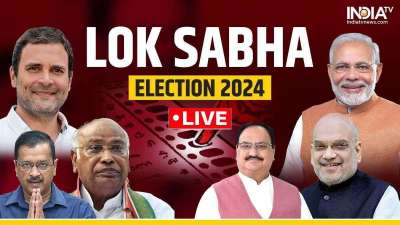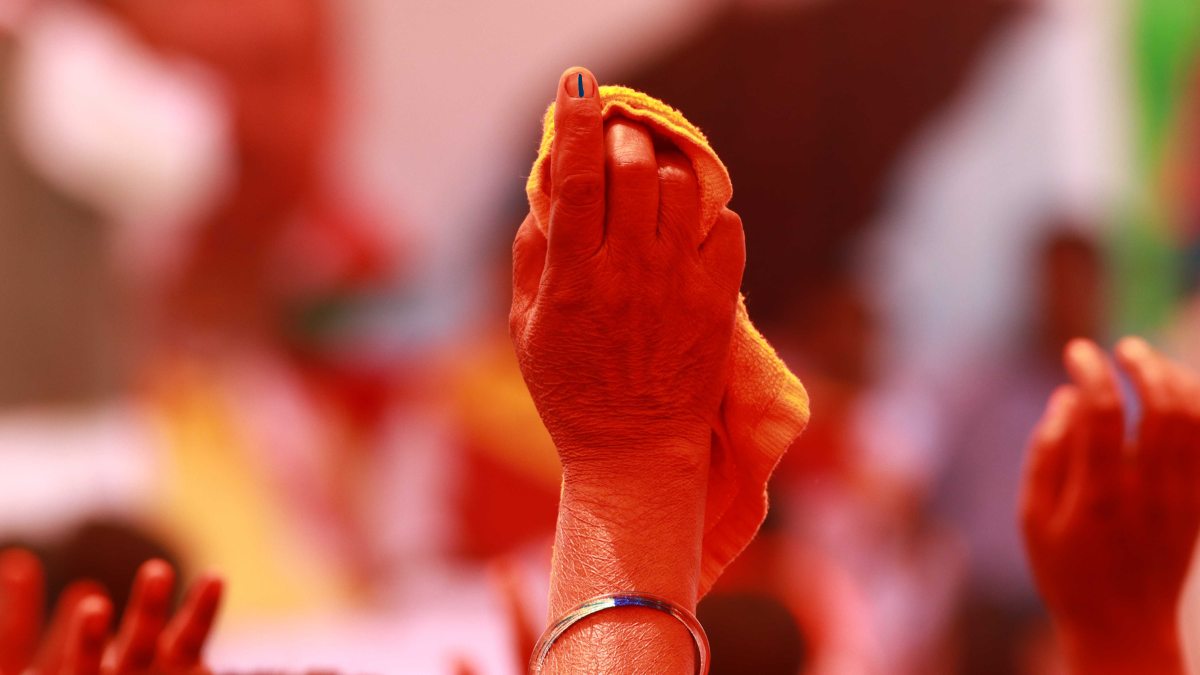The Lok Sabha, or the House of the People, is the lower house of India's Parliament and plays a crucial role in the country's democratic framework. It is comprised of members who are directly elected by eligible voters across the nation. Let's delve into the intricacies of Lok Sabha elections and the representation it entails.
### Democratic Representation:
1. **Direct Elections:** Members of the Lok Sabha are elected directly by the eligible voters of India. This means that every citizen above a certain age has the right to cast their vote and choose their representatives.
2. **Constituency System:** India follows a constituency-based electoral system, where the country is divided into numerous constituencies, each represented by one Member of Parliament (MP). Voters in each constituency elect their MP through a first-past-the-post voting system.
### Inclusive Representation:
1. **Anglo-Indian Representation:** The President of India has the authority to nominate up to two members as representatives of the Anglo-Indian community to the Lok Sabha if they feel that this community is not adequately represented. However, this provision was abolished with the 104th Constitutional Amendment Act, 2019, making the Lok Sabha entirely elected by the people.
2. **Reserved Seats:** To ensure adequate representation of marginalized communities, certain seats in the Lok Sabha are reserved for Scheduled Castes (SC) and Scheduled Tribes (ST). These reservations aim to empower historically disadvantaged groups and give them a voice in the legislative process.
### Electoral Process:
1. **Election Commission:** The Election Commission of India, an autonomous constitutional authority, oversees the entire electoral process, from voter registration to the declaration of results. It ensures free, fair, and transparent elections across the country.
2. **Campaigning and Voting:** Prior to elections, political parties and candidates engage in extensive campaigning to garner support from voters. On the day of voting, eligible citizens cast their votes at designated polling stations.
3. **Counting and Results:** After voting concludes, the ballots are counted, and the results are announced. The candidate who receives the highest number of votes in each constituency is declared the winner and becomes a member of the Lok Sabha.
### Importance of Lok Sabha:
1. **Legislative Function:** The Lok Sabha, along with the Rajya Sabha (the upper house), is responsible for making laws, approving budgets, and representing the interests of the people.
2. **Executive Oversight:** Members of the Lok Sabha also play a crucial role in overseeing the functioning of the executive branch of government, holding it accountable through various mechanisms such as parliamentary debates and committees.
3. **Representation of Diversity:** With its diverse composition of members from different regions, communities, and backgrounds, the Lok Sabha reflects the pluralistic nature of Indian society and ensures that all voices are heard in the decision-making process.
In conclusion, the Lok Sabha elections serve as a cornerstone of India's democratic principles, ensuring that the government is of the people, by the people, and for the people. Through the electoral process, citizens exercise their fundamental right to choose their representatives, thereby shaping the future trajectory of the nation.




.png)

0 Comments